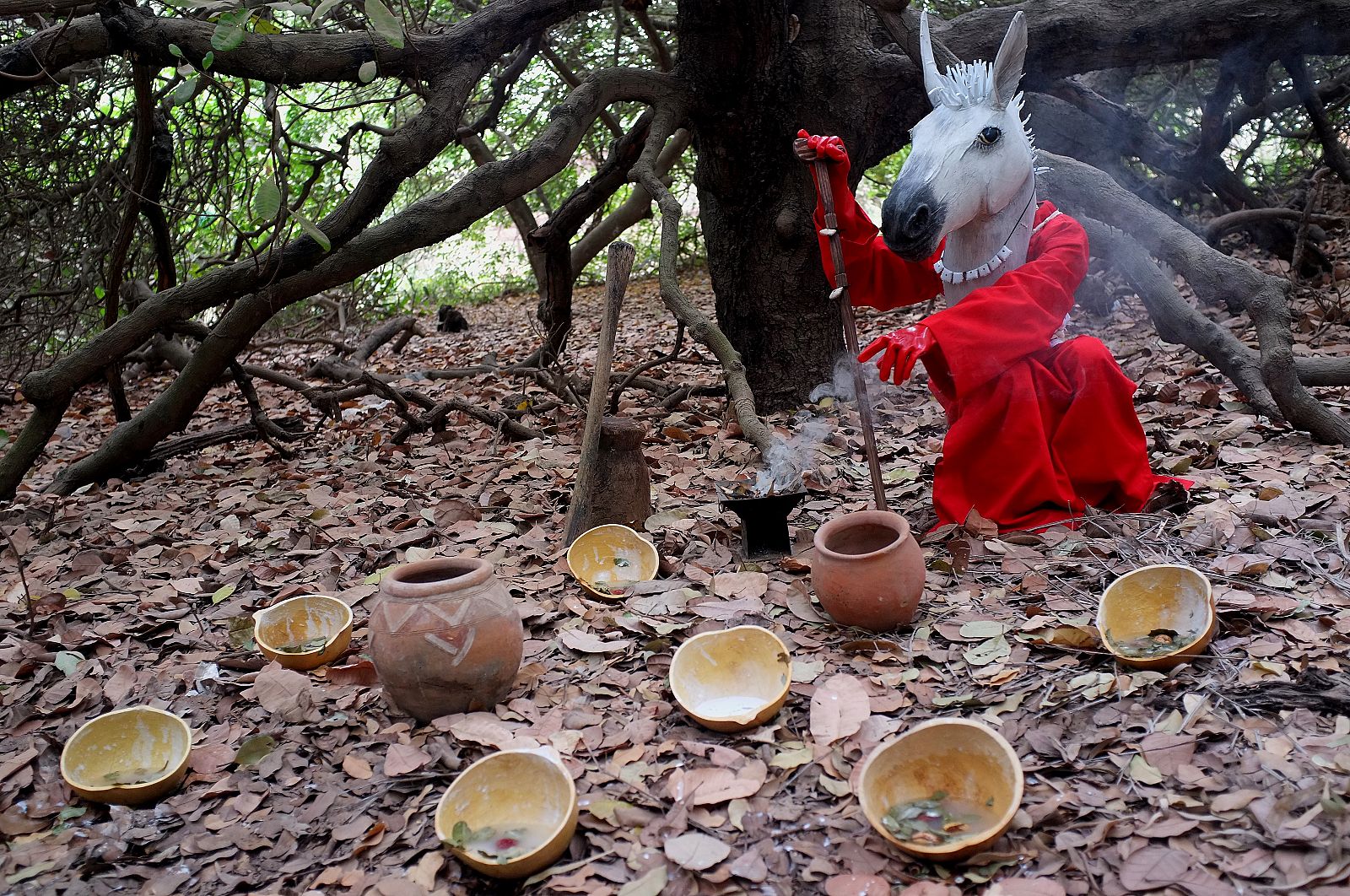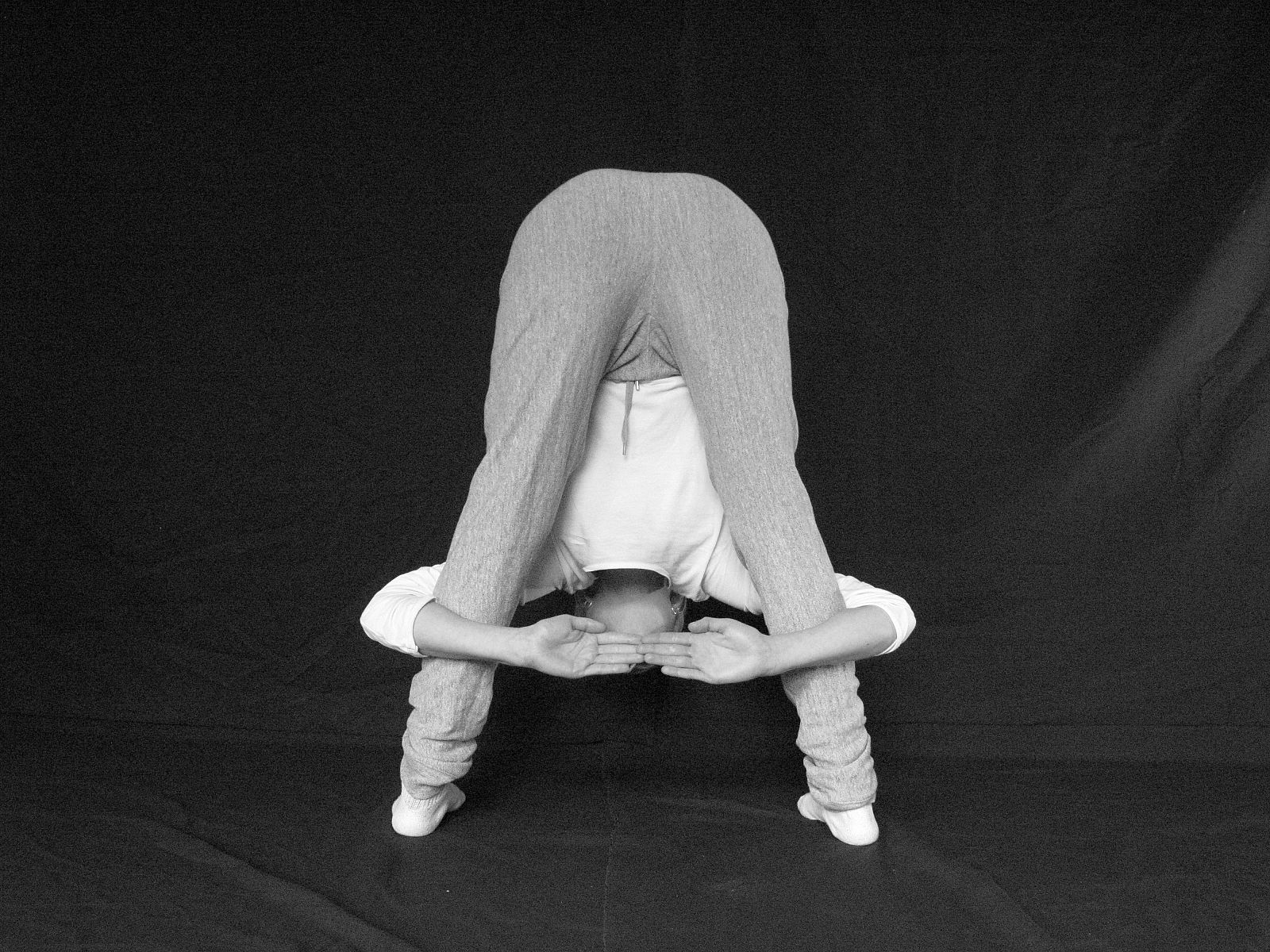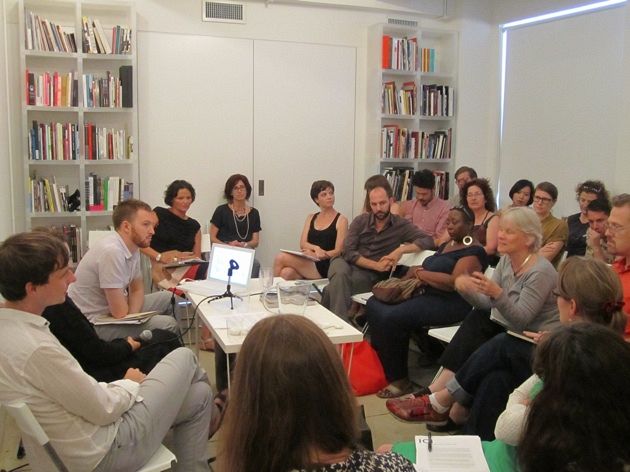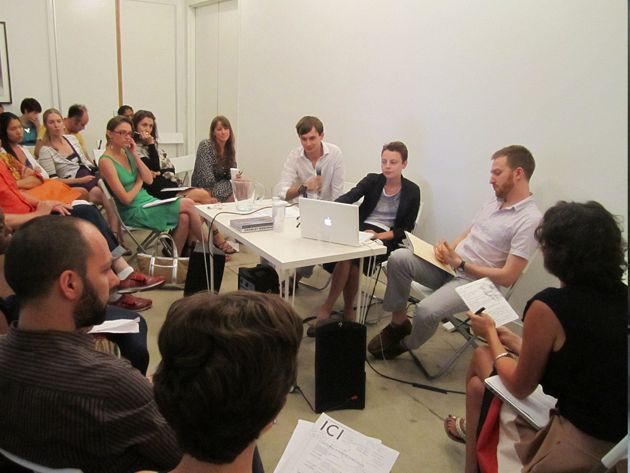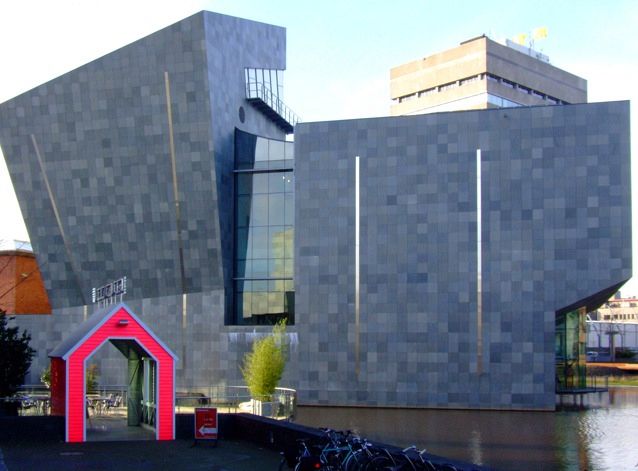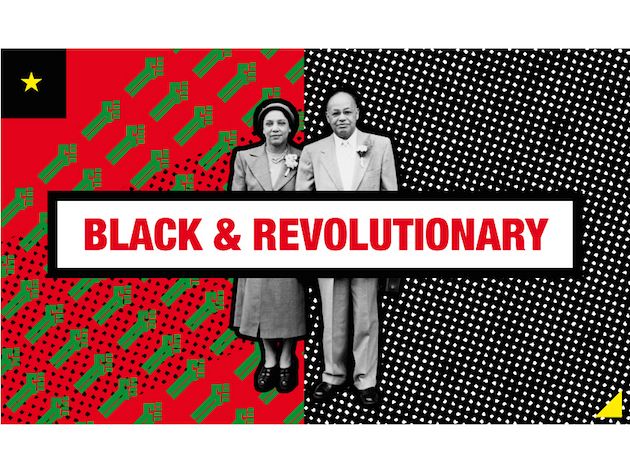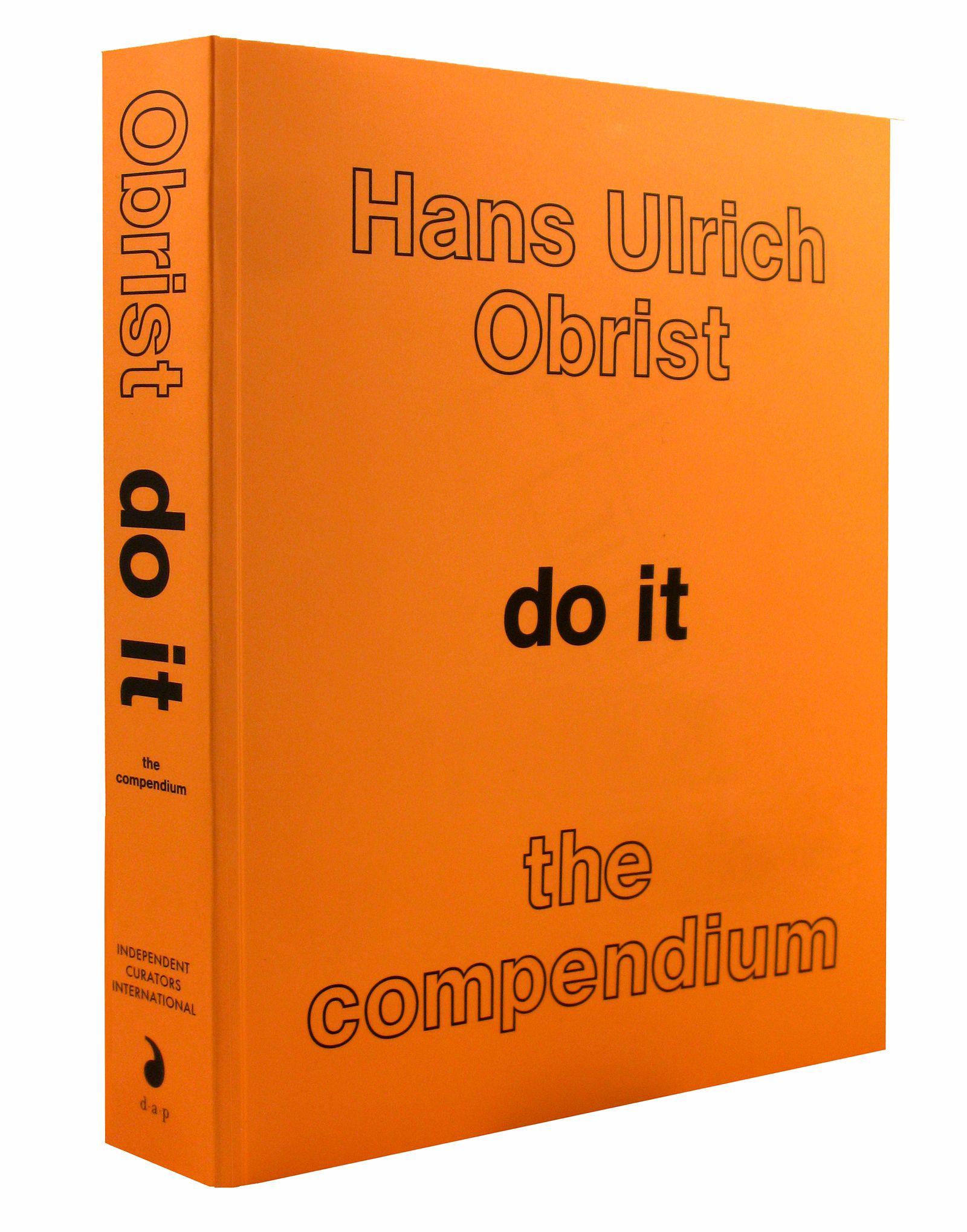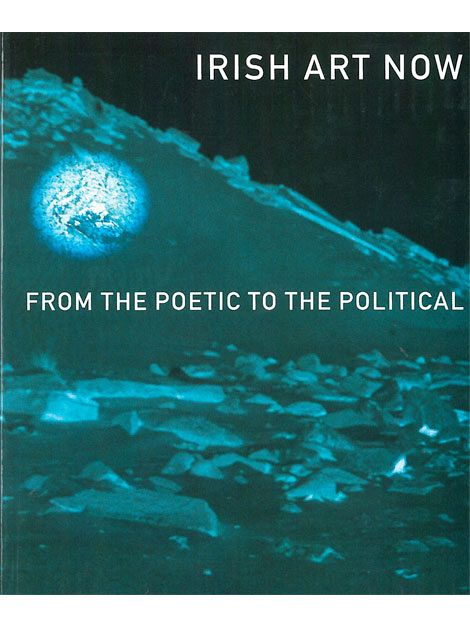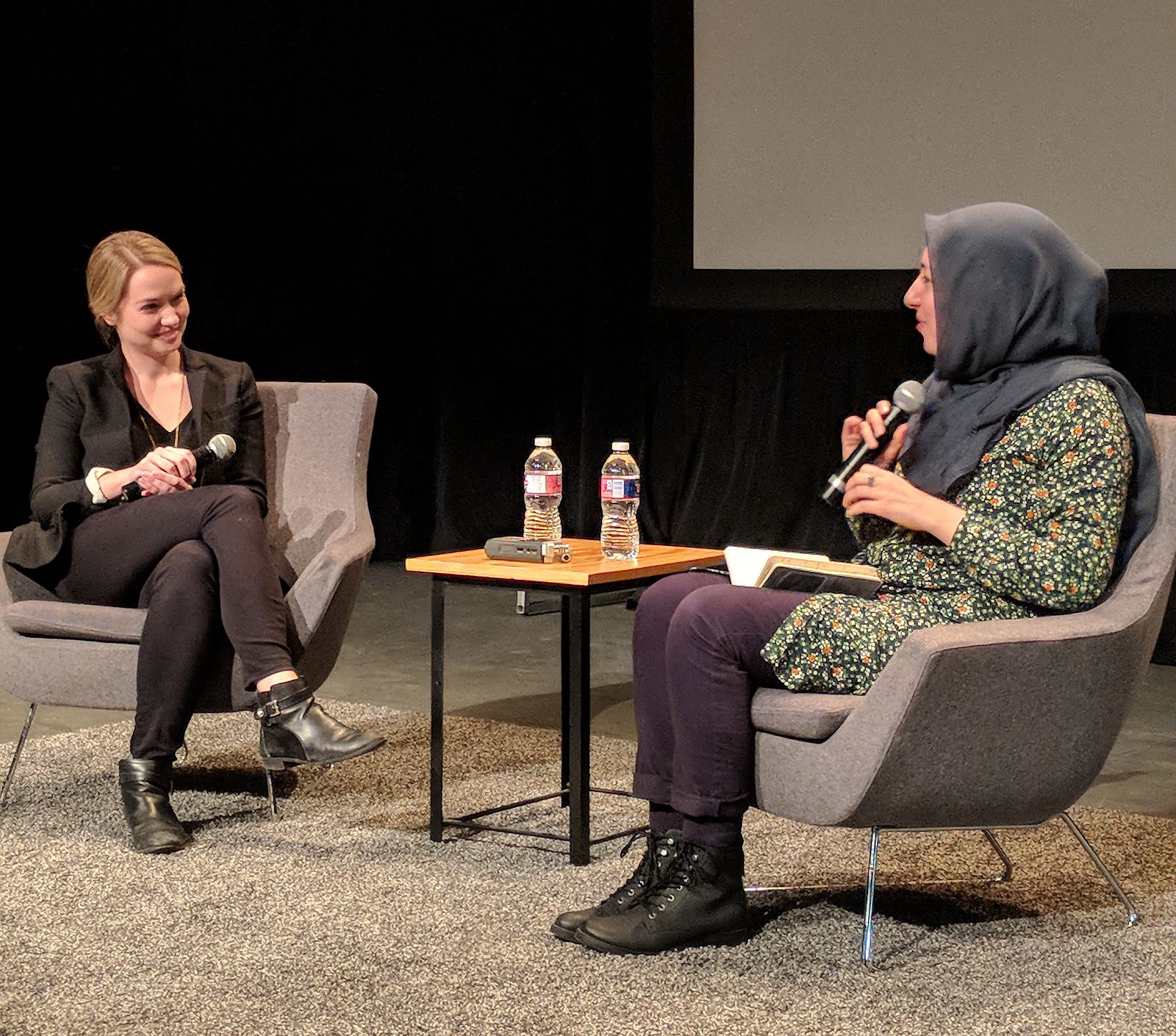Veronica Cordeiro is a Brazilian artist, curator and writer based in Montevideo, Uruguay. In 2021 she starts focusing on the research of contemporary art and design connected to nature, sustainability and ancestral wisdom, with a focus on Latin America. This research leads to the creation of the Poetics of the Earth seminar (Poética de la Tierra), with conferences and interviews held with artists from South America. Later she founded Studio Tierra, an organization that researches and curates projects connected with nature and sustainability in art, with a focus on interdisciplinary parallel programs.
Veronica has always been interested in the power of art to communicate, generate consciousness and inspire connection and transformation. She created the concept of Curating in Context, focussing on long-term projects and commissions with artists like Rosângela Rennó (Rio-Montevideo, CdF, Montevideo 2011 and Photographers Gallery London, 2016); Cao Guimarães (Le Monde Atmosphère, Galleries Xippas, Paris, 2011), Angela Berlinde (Transa. Baladas do último sol, Museo Nogueira da Silva, Braga, Portugal, 2023), Ananké Asseff (Latir, CdF, Montevideo, 2017), Matthew Barney (De Lama Lâmina, Carnaval de Salvador, Bahia, Pinacoteca de São Paulo, Inhotim, Minas Gerais), among others. She curated the Uruguayan Pavilion at the Venice Biennale in 2013 and joined the curatorial teams of the XXIV and XXV Bienal de São Paulo, the 9th Bienal do Mercosul and the XII Bienal de Curitiba.
She has an MA Honors Degree in Art History from Edinburgh University and an MA in Visual Anthropology from Goldsmiths, University of London. After starting a PhD as an ethnographic artist and researcher, she moved to Uruguay in 2009 where she created the curatorial department of the Centro de Fotografia, overseeing its implementation and growth as Chief Curator for 7 years. At CdF she created the new international photography festival, MUFF, an interdisciplinary 2-year long project that became a model for its focus on community activation and educational platforms. In its first edition, more than 110 artists participated in longterm research-based platforms from Latin America, the US and Europe under the guidance of guest collaborators Luis Camnitzer, Rosângela Rennó, Pio Figueiroa, Fredi Casco and Mauricio Lissovsky.
Cordeiro is also a writer interested in the intricate link between art and life. She recently finished her first novel based on the story of an ex-prisoner who discovered art in jail and transformed his life from drug-related crime to community leadership and social and economic development.
